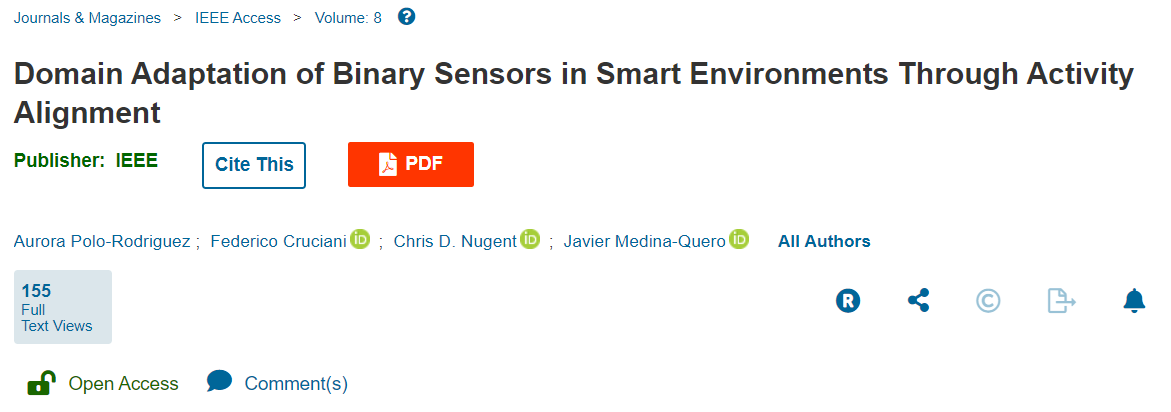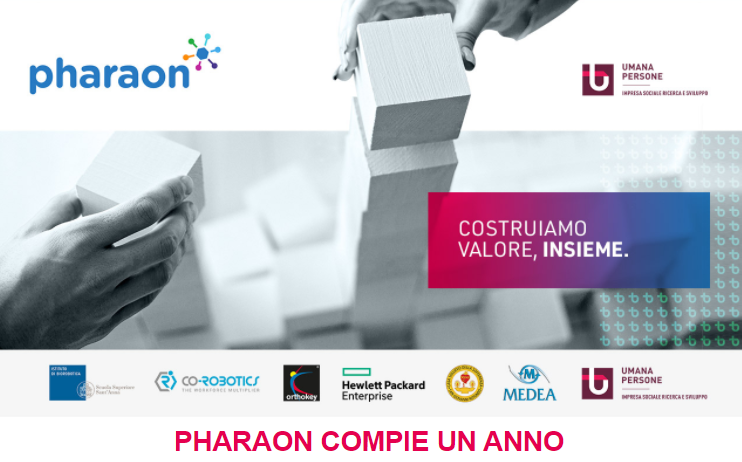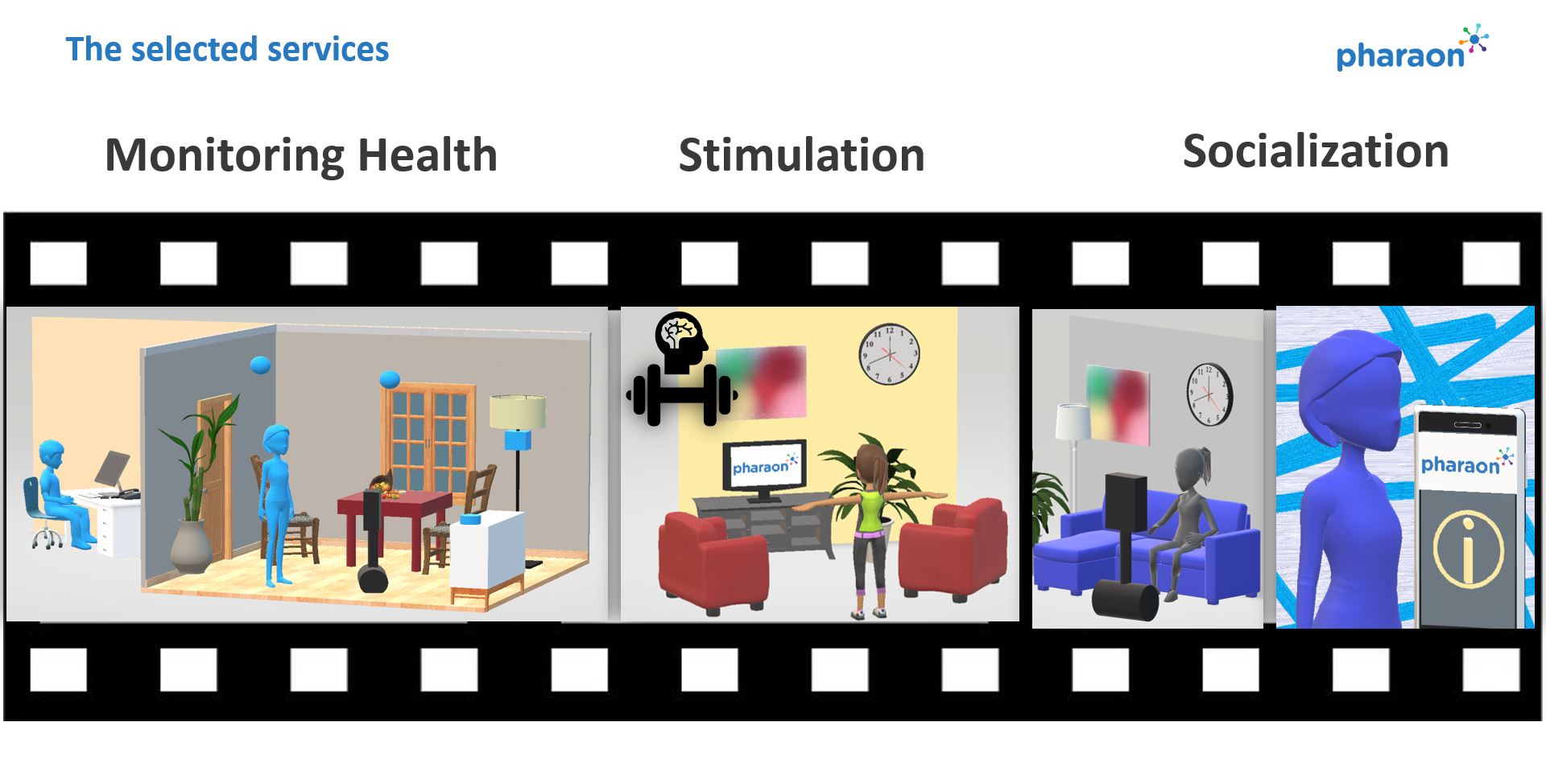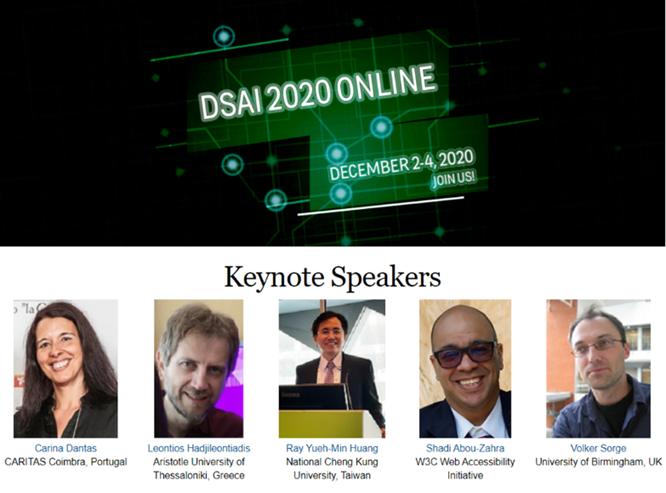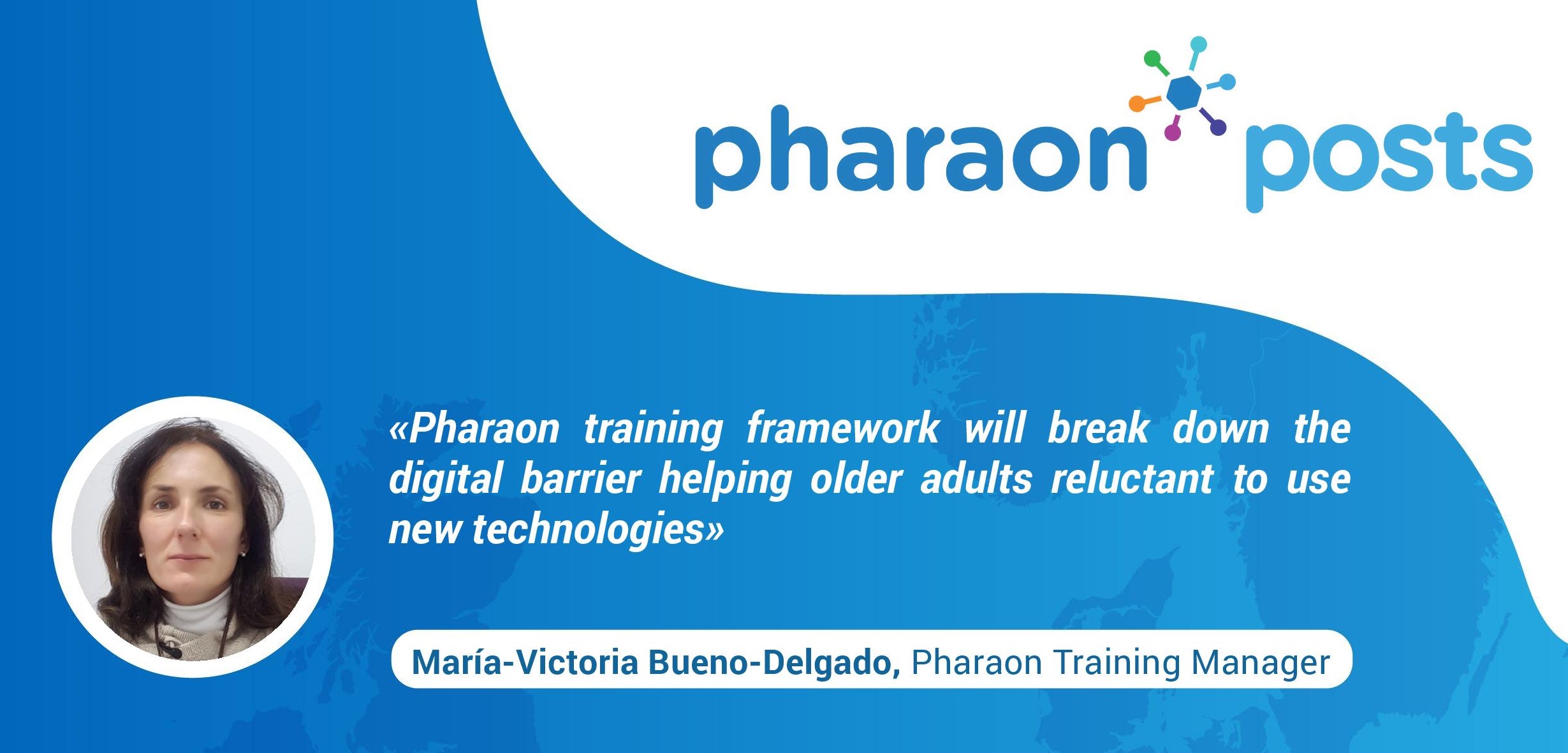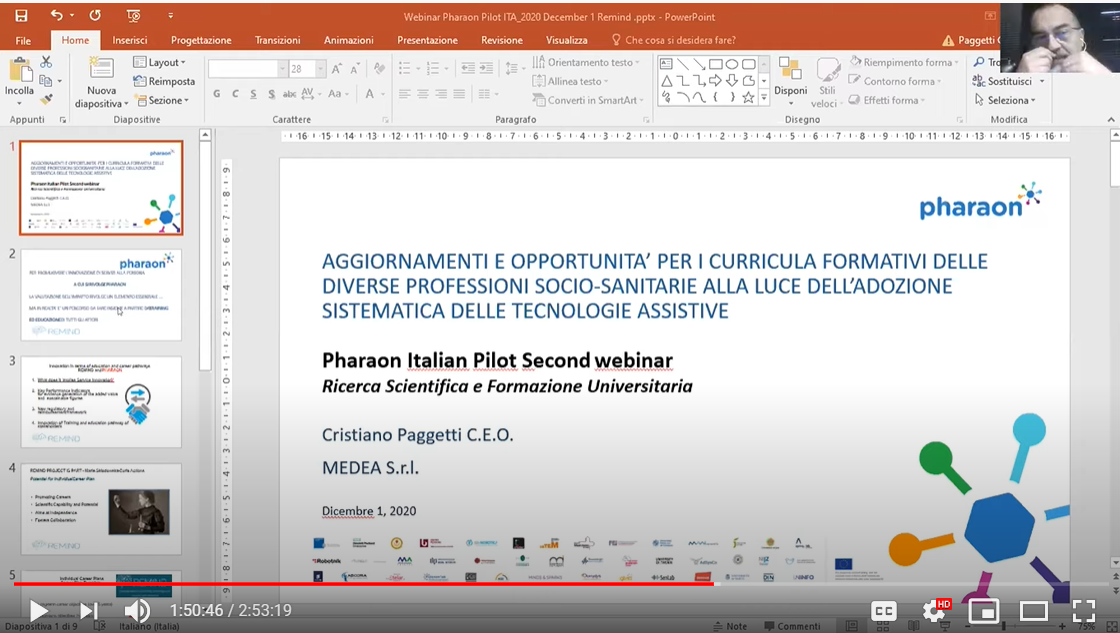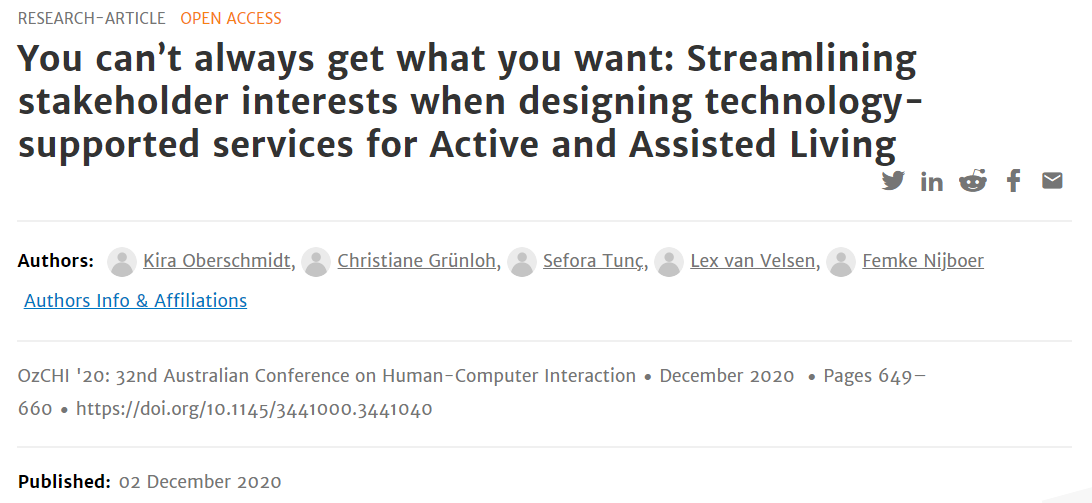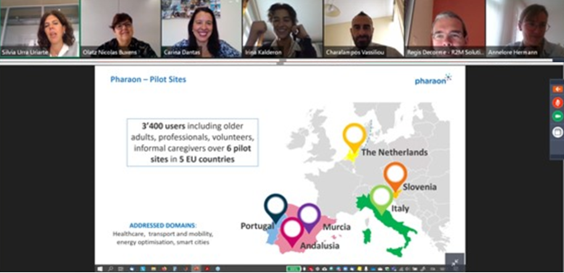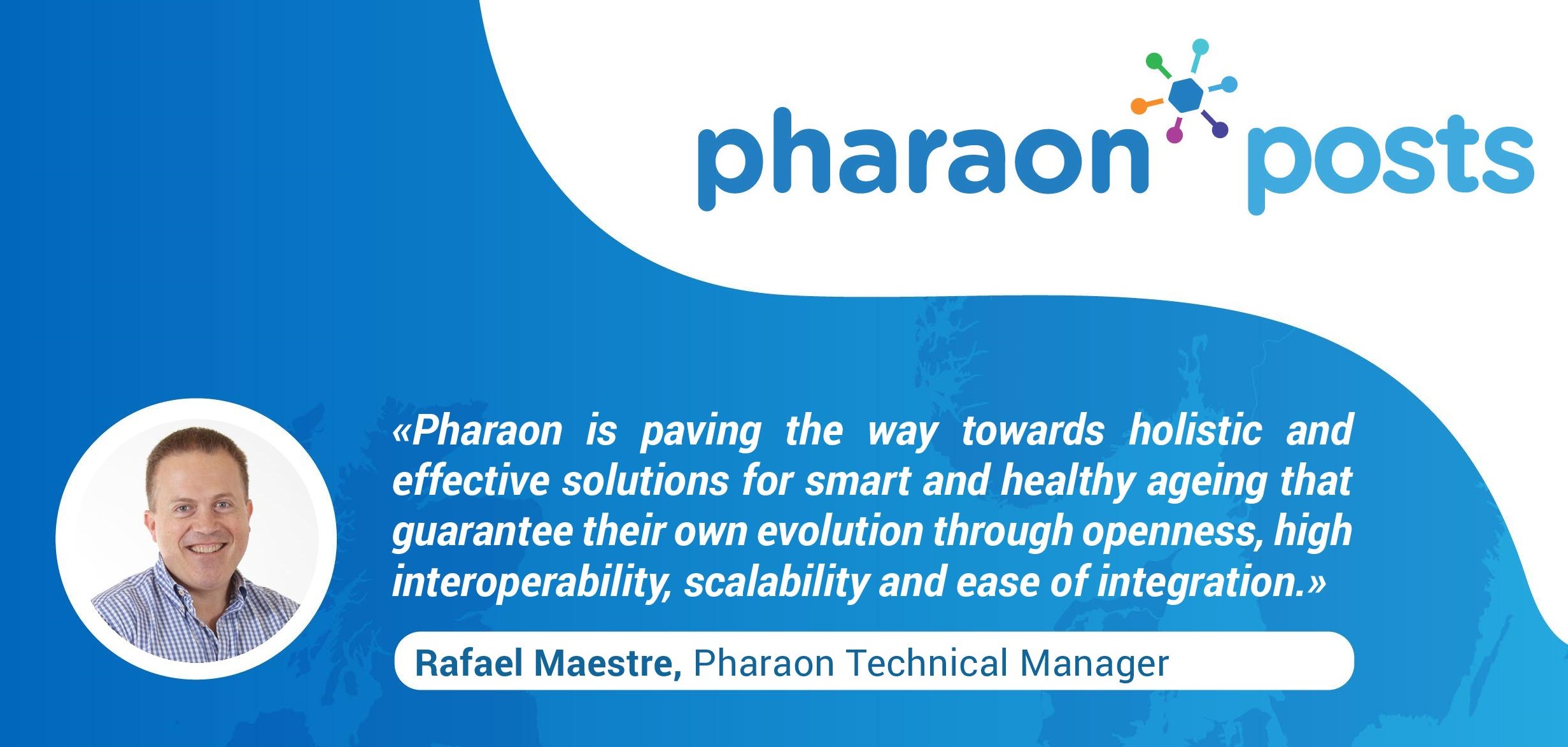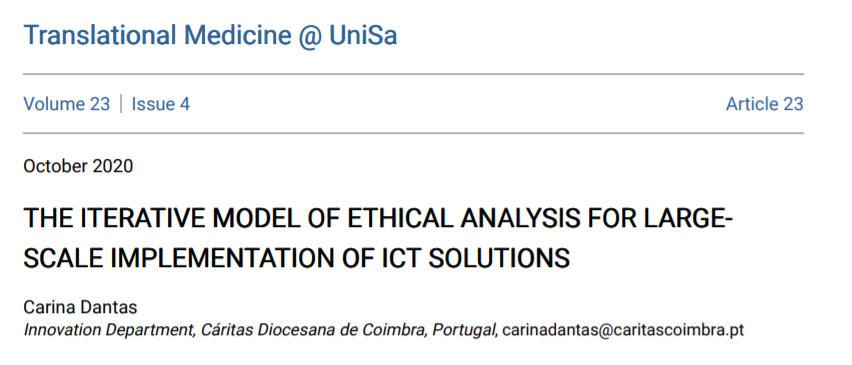New Pharaon publication: Domain Adaptation of Binary Sensors in Smart Environments Through Activity Alignment
Activity Recognition is an active research topic focused on detecting human actions and behaviours in smart environments. In most cases, the use of data-driven models aim to relate data from sensors to an activity through a model developed by a supervised approach. In this work,...


